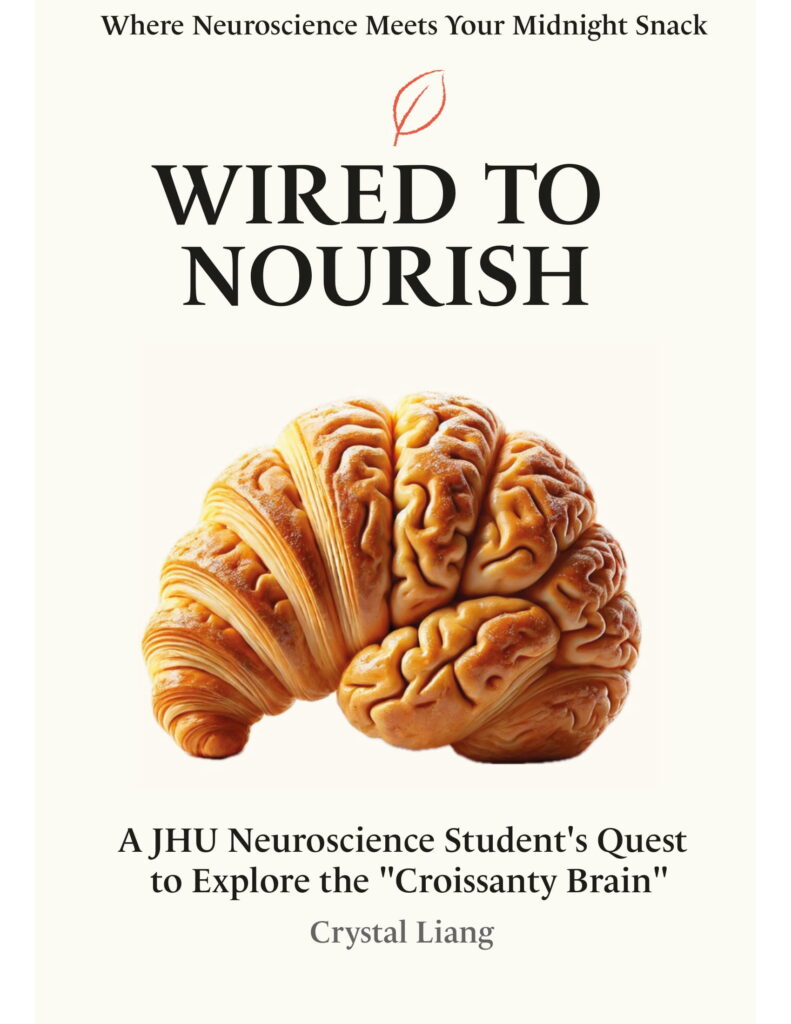Cooking with love!


My Gourmet Journey
It all started out in Shenzhen, where the sizzle of ginger hitting hot oil and the scent of steaming baozi were my first lessons in alchemy. At seven, I’d perch on a stool, wide-eyed as my grandma explained how fermented black beans could elevate a dish—not just in flavor, but in gut health too. Why did certain foods soothe the mind? How could a single spice tweak digestion?